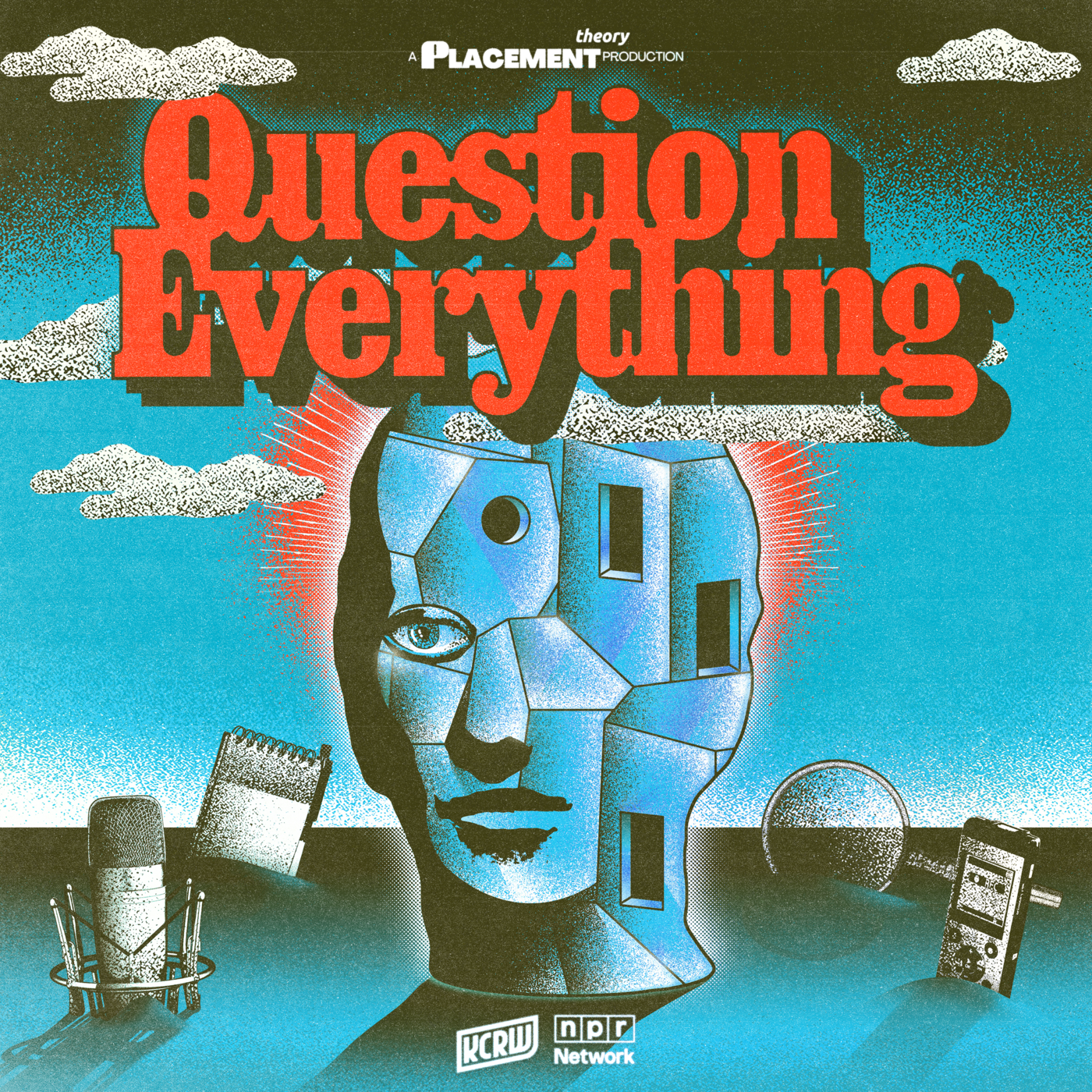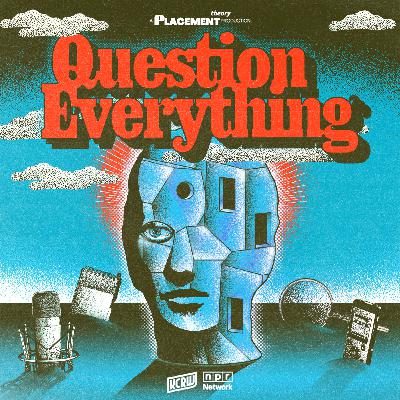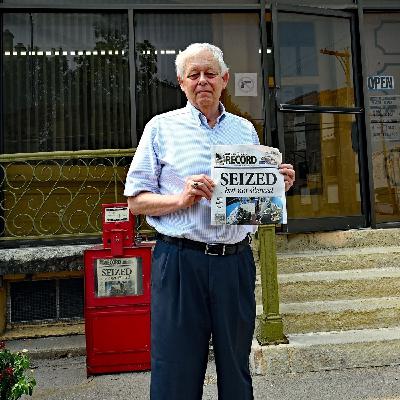Getting Ready to Interview Trump: An Exercise
Update: 2024-11-21
Description
We hire a freelancer to research every comment Donald Trump has made about the press. He ends up telling his wrestling buddy about the assignment, and using it to see if he can get him to trust in journalism.
You can find more work by Sam Eagan here.
“Question Everything” is a production of KCRW and Placement Theory.
Learn more about your ad choices. Visit megaphone.fm/adchoices
Comments
In Channel







